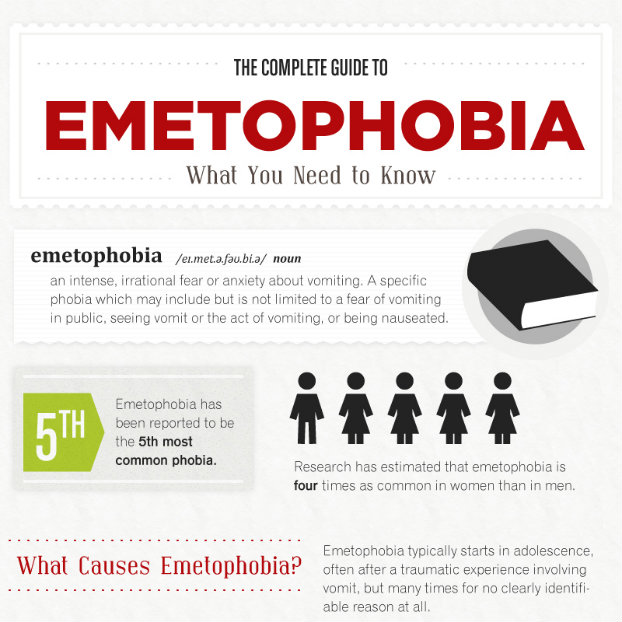 Young adults and teenagers are under a surprising amount of pressure today. With budget cuts to education, rising tuition costs, and increased competition to get into universities, students are having difficulty managing it all. Younger people have to know how to balance work, school, and social time. They also can’t afford to neglect time to themselves when they can engage in their pastimes.
Young adults and teenagers are under a surprising amount of pressure today. With budget cuts to education, rising tuition costs, and increased competition to get into universities, students are having difficulty managing it all. Younger people have to know how to balance work, school, and social time. They also can’t afford to neglect time to themselves when they can engage in their pastimes.
Ideally, students should learn how to manage their time while in high school. This prevents burn-out and the development of poor study skills in college. Many scholarship programs have become less forgiving about bad grades earned in early semesters; students can lose their funding entirely if they’re not careful.
Unfortunately, even the more responsible students are being punished. Standards to qualify for many scholarships and grants are being raised yearly. The length of time during which a student can receive federal grants has been reduced. Interest rates on student loans very nearly doubled. Regardless of academic performance, money is still being taken away from students, and the debt is mounting.
What Can Students Do?
The best thing concerned students can do for themselves is to consistently earn good grades. This can be achieved for most by setting aside several hours a day (or at least an hour, depending on the subject) to review course material and to do assigned reading. It is best not to leave any subject untouched for more than a day.
Students should always be on the lookout for scholarships and grants. Even in times when budgets are shrinking, there’s still money set aside for students just waiting to be claimed. There are scholarships for minorities based on ethnicity, income, gender, and even sexual preference. There are also fellowships for students in higher education.
Students also need to be aware of news in education. New legislation that directly affects students can be passed without anyone bothering to inform the students! This may seem unfair — and it kind of is — but the best person to look out for your interests is you.
High school students should keep track of application deadlines and requirements for college admissions. They should start looking at colleges in their first year and start planning in earnest by their second year.
What Can Schools Do for Students?
To help relieve stress in its students, one high school in San Jose adopted a policy that prevents teachers from assigning homework over weekends and on holidays.
Another school held a “stress-free week” during which students have a shortened schedule and are encouraged to enjoy recreational time on campus.
Many colleges also offer stress management courses and time management workshops. Students in their first or second year at university should take advantage of information given to them in these settings; college campuses are full of resources for proactive students.
For anyone in or out of school, the best way to manage stress is to be prepared. Setting realistic goals and taking breaks is important when doing any kind of work.





